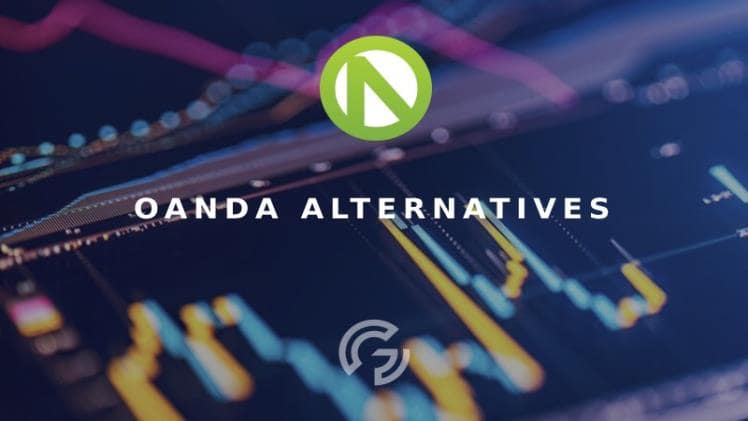Known for its security and favorable trading conditions, Oanda attracts many beginners. While the broker is indeed pretty good, there are other alternatives that should be considered before making a decision. In this article, we’re going to look at some pros and cons of Oanda and give you a couple of alternative brokers you may want to sign up to.
About Oanda
Oanda was established back in 1996, and it’s been attracting many novice traders ever since. The secret is simple: the broker is known for its competitive trading conditions. You can start trading with less than $1, and the leverage goes up to 1:200, allowing you to earn more in shorter time. But what’s especially great about Oanda is how well-regulated the broker is. Its behavior and transactions are monitored by several major regulators, including the UK Financial Conduct Authority (FCA).
However, excellent security isn’t enough to call Oanda a great option for beginners. Let’s check out other pros (and cons).
Pros and cons
Oanda employs a convenient pricing algorithm that aggregates live prices from liquidity providers and calculates spread levels for each of the available instruments based on a mid-point. This mid-point changes throughout the day, sometimes rather fast, and that’s when Oanda’s execution speed really shines. The broker makes sure all of your trades are executed almost instantly, allowing you to benefit from volatile markets instead of suffering losses.
Moreover, Oanda is very cheap, and there are no fees for deposits or withdrawals (except for credit cards). That’s another great feature that attracts novice traders who don’t want to keep in mind a complex fee system. But there are cons, too: the company offers only Forex and CFDs as trading tools (but there are many underlying assets, including stocks, commodities, and crypto), so you won’t be able to trade anything directly. And there are no cent accounts or bonus programs.
If those cons are important to you, you should consider other options. Let’s look at a couple of Oanda alternatives.
Viable alternatives
If you’re looking for something equally well-regulated, check out Tickmill. This broker has been around since 2014, and now it is regulated by several authorities, including FCA. It has narrow spreads, and many scalping enthusiasts prefer to use it. And if you want something even more secure, try eToro. That broker has decent passive income options, and you can use it to actually buy US stocks (not CFDs), which is great, too.

